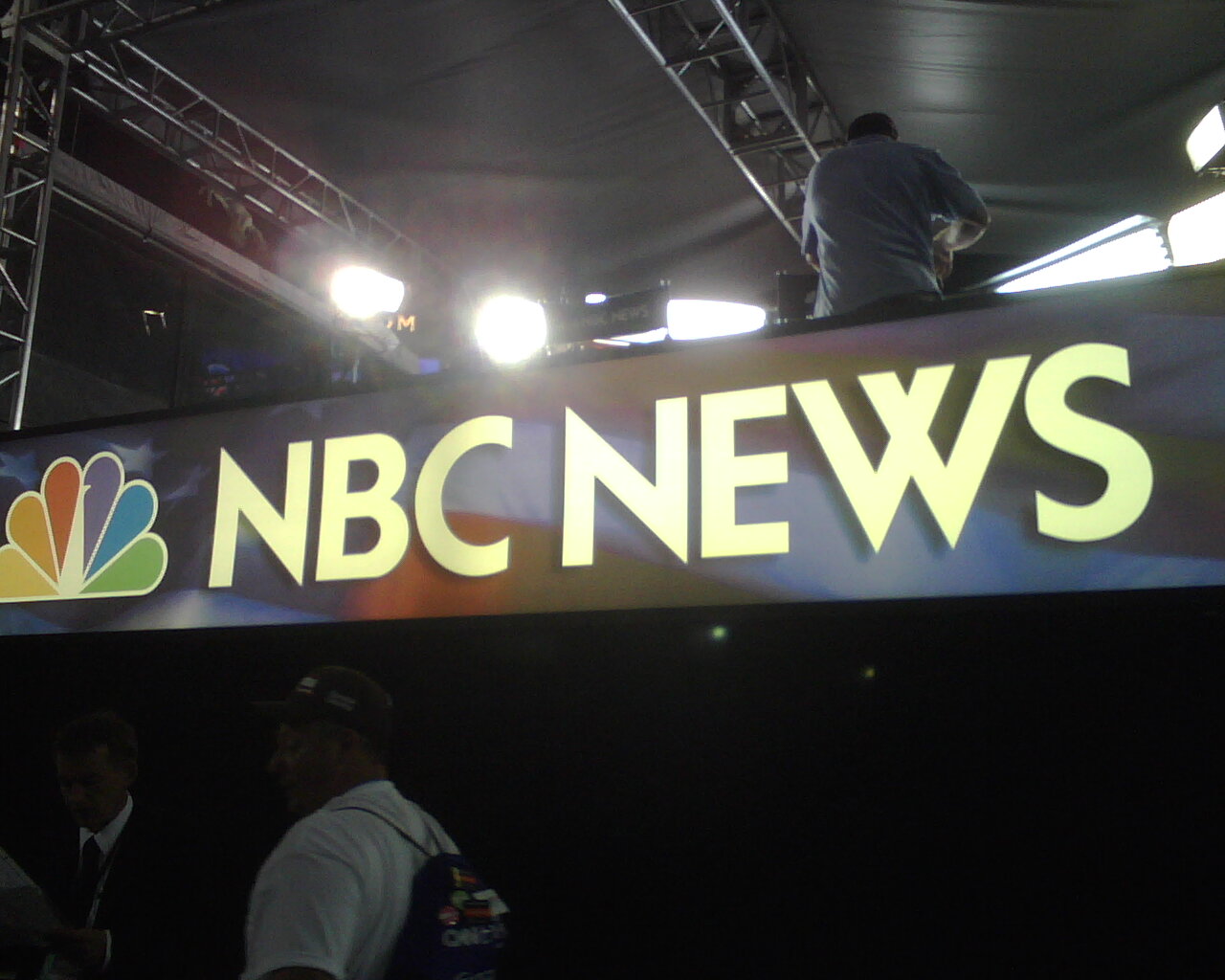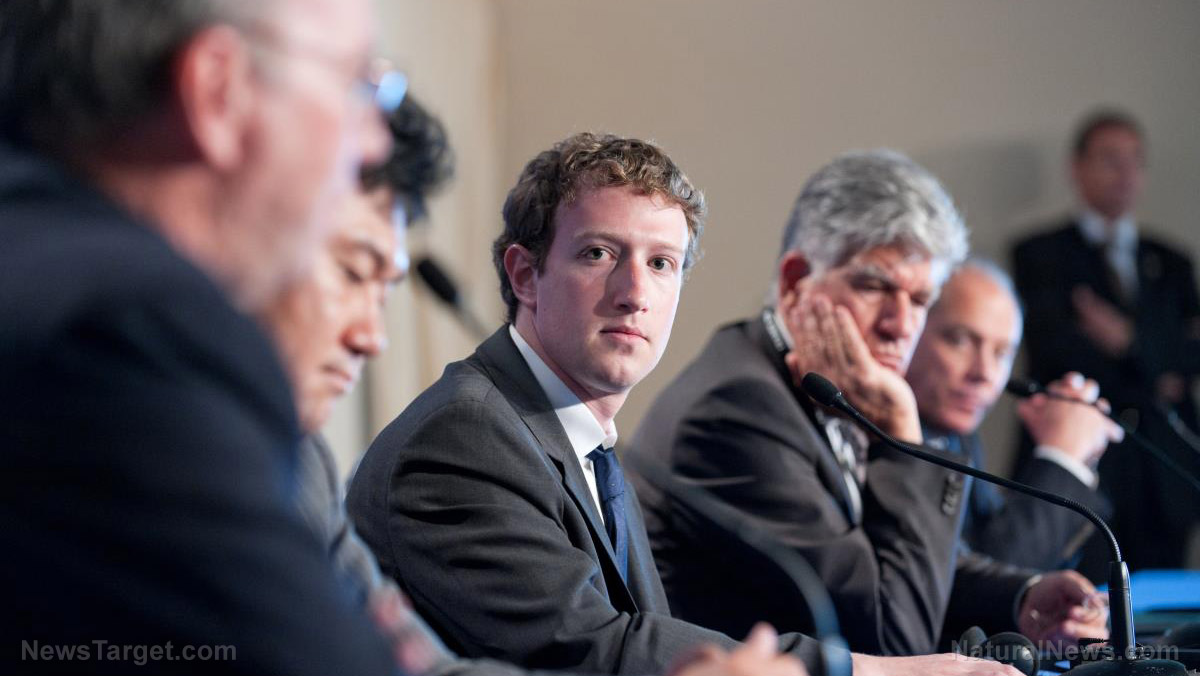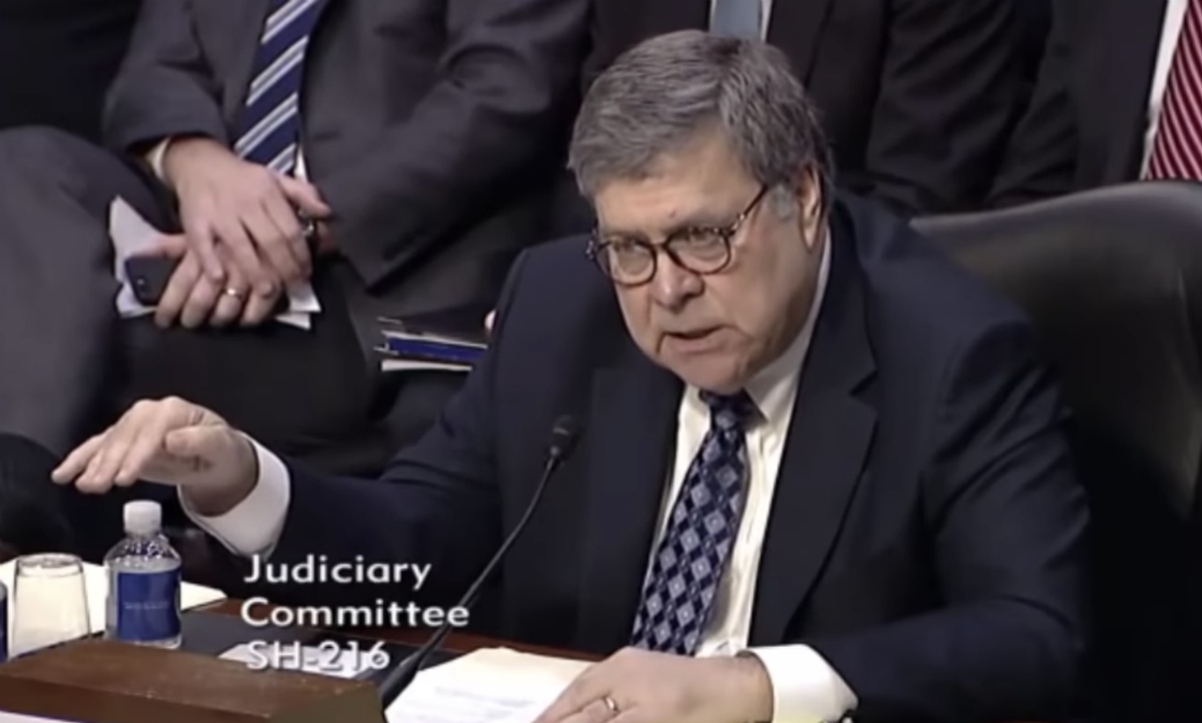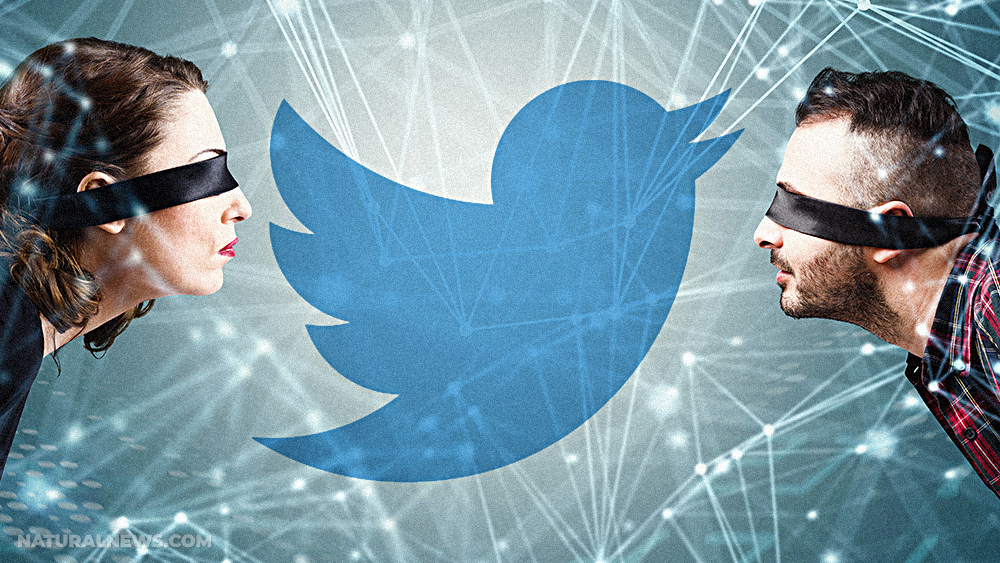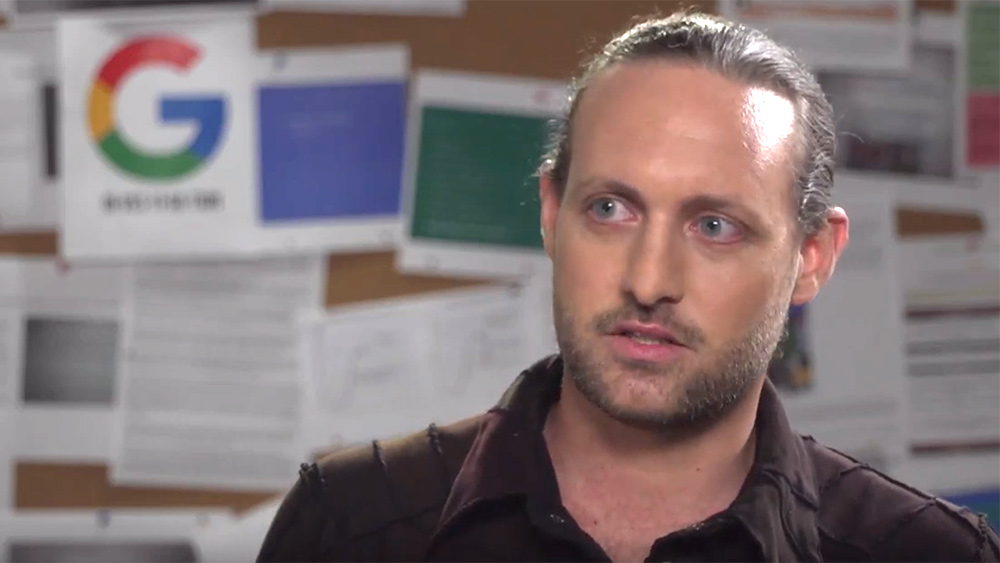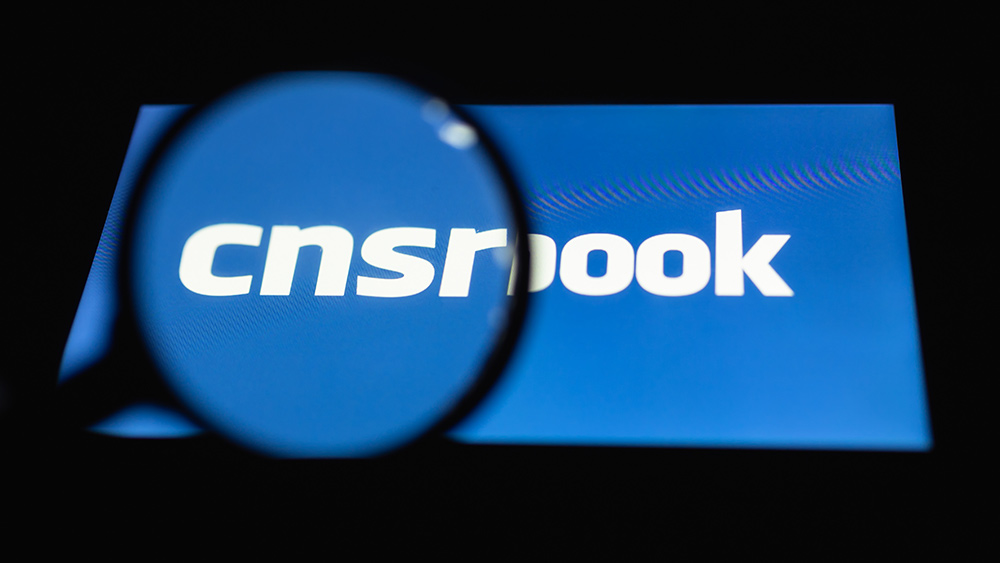Left-wing biased Wikipedia to lose Section 230 protections under new Trump executive order
06/18/2020 / By Ethan Huff

Remember in the early days of its existence when Wikipedia was widely recognized as a user-driven source of maybe true information that could not necessarily be relied upon as a legitimate citation source because of its oft-questionable content? Well, all of that is now out the window as Big Tech now considers Wikipedia to be some kind of truth oracle, which is why President Trump is trying to eliminate its Section 230 protections under the Communications Decency Act (CDA).
Back in the fall, we were calling on the Trump administration to take action against not just Wikipedia but all Big Tech companies that have decided to become content publishers rather than content providers. And Trump himself has apparently heard our pleas with his recent executive order against political bias.
While it is all still in the process of taking shape, this Trump EO stands to dismantle the unjust immunity protections still held by Wikipedia and other tech companies, making them rightfully liable for the content that passes through their platforms. In essence, there will be no more hiding behind the legal shield of neutrality while actively censoring content to push political biases, which is exactly what Wikipedia has been doing.
What is worse is the fact that other tech giants like Facebook and Twitter are integrating Wikipedia’s disinformation platform into their “fact-checking” systems, meaning Wikipedia is now the law of the land when it comes to determining what is “true” or “false.”
“As the tech overlords of Silicon Valley such as Mark Zuckerberg and Jack Dorsey claim they are not the ‘arbiters of truth,’ they are increasingly using Wikipedia to fill that role despite its extreme left-wing bias,” warns T.D. Adler from Breitbart News.
Listen below to The Health Ranger Report as Mike Adams, the Health Ranger, talks with Laura Loomer about why Big Tech needs to be defeated in order for America to be free:
Left-wing media loves Wikipedia being world’s arbiter of truth
Instead of calling out the biases at Wikipedia and Big Tech’s disturbing implementation of them for “fact-checking” purposes, the left-wing mainstream media is praising the situation as “progressive.” Meanwhile, conservative voices no longer have a platform to speak, nor are their concerns about draconian online censorship being taken seriously.
Even Wikipedia’s own co-founder Larry Sanger is starting to see how dangerous it is to put Wikipedia solely in charge of deciding what constitutes truth. Sanger’s expressed opposition has been largely ignored by the left, which continues to deny that Big Tech is doing anything wrong by censoring conservatives and amplifying liberals.
Google, for instance, has altered its algorithms to put Wikipedia at the top of every search query looking for information about pretty much everything. Meanwhile, Wikipedia’s competitors have been driven to the back of the search page line where very few people ever see them, making Wikipedia the monopolistic source of “truth” for the average internet user.
YouTube has similarly implemented Wikipedia into its platform to weed out “fake news” and “misinformation.” Since 2018, the Google-owned video platform has been displaying Wikipedia information alongside content that is categorized as “conspiracy theories” in an effort to dissuade people from believing whatever is being said or shown.
And, of course, Facebook is also relying on Wikipedia to provide disclaimers on content that Facebook deems as “questionable” or “untrue.” If a Facebook user shares a link that Facebook does not like, then a Wikipedia layer or information box could be applied on top of or next to it explaining that the link in question may contain “misinformation” or “fake news.”
To keep up with the latest news about tech censorship, be sure to check out Censorship.news.
Sources for this article include:
Tagged Under: arbiter of truth, Censorship, Communications Decency Act, corruption, fake news, information control, Orwellian, Section 230, Wikipedia
RECENT NEWS & ARTICLES
COPYRIGHT © 2017 BigTech.news
All content posted on this site is protected under Free Speech. BigTech.news is not responsible for content written by contributing authors. The information on this site is provided for educational and entertainment purposes only. It is not intended as a substitute for professional advice of any kind. BigTech.news assumes no responsibility for the use or misuse of this material. All trademarks, registered trademarks and service marks mentioned on this site are the property of their respective owners.







